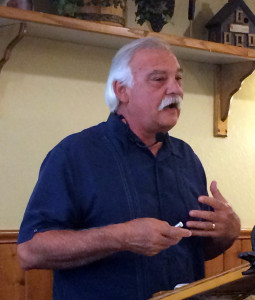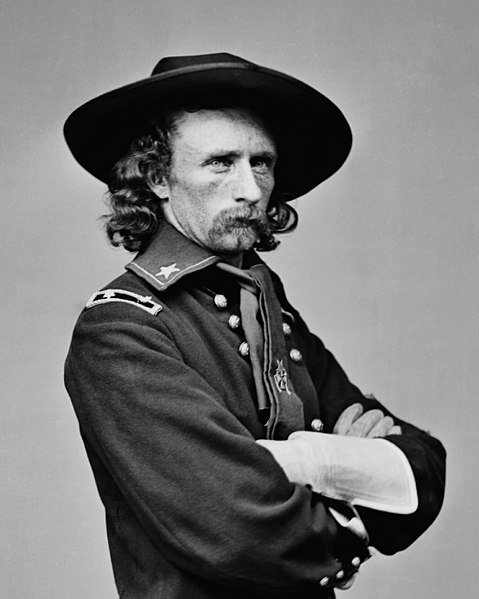Who Won the Battle?
Q#1 – Who Won the Battle of Big Bethel – Virginia – June 10, 1861?
Q#2 – Who Won the Battle of Wilson’s Creek – Missouri – August 10, 1861?
Q#3 – Who Won the Battle of Fort Henry – Tennessee – February 6, 1862?
Q#4 – Who Won the Battle of Pea Ridge – Arkansas – March 6–8, 1862?
Q#5 – Who Won the Battle of Glorieta Pass – New Mexico Territory – March 26–28, 1862?
Q#6 – Who Won the Battle of Forts Jackson and St. Philip – Louisiana – April 18–28, 1862?
Q#7 – Who Won the Battle of Cross Keys – Virginia – June 8, 1862?
Q#8 – Who Won the First Battle of Murfreesboro – Tennessee – July 13, 1862?
Q#9 – Who Won the Battle of South Mountain – Maryland – September 14, 1862?
Q#10 – Who Won the Battle of Perryville – Kentucky – October 8, 1862?
Q#11 – Who Won the Battle of Salem Church – Virginia – May 3–4, 1863?
Q#12 – Who Won the Battle of Fort Pillow – Tennessee – April 12, 1864?
Q#13 – Who Won the Battle of Yellow Tavern – Virginia – May 11, 1864?
Q#14 – Who Won the Battle of Jonesborough – Georgia – August 31–September 1, 1864?
Q#15 – Who Won the Battle of Palmito Ranch – Texas – May 12–13, 1865?





